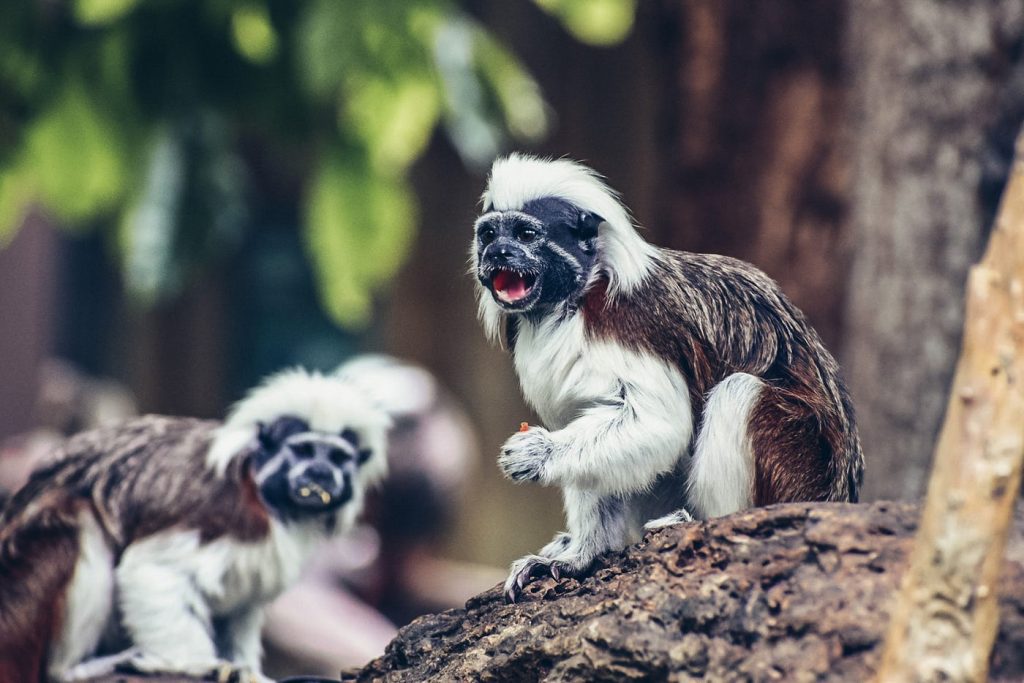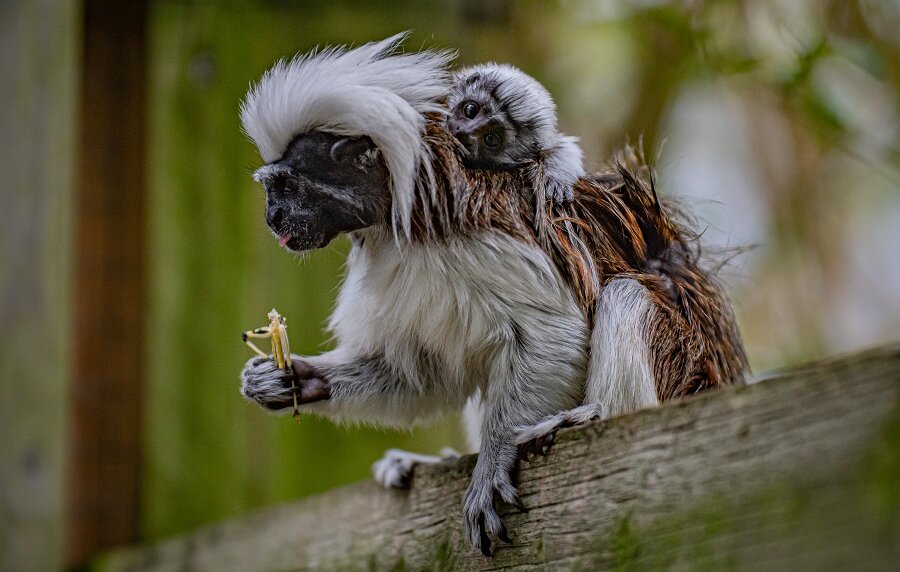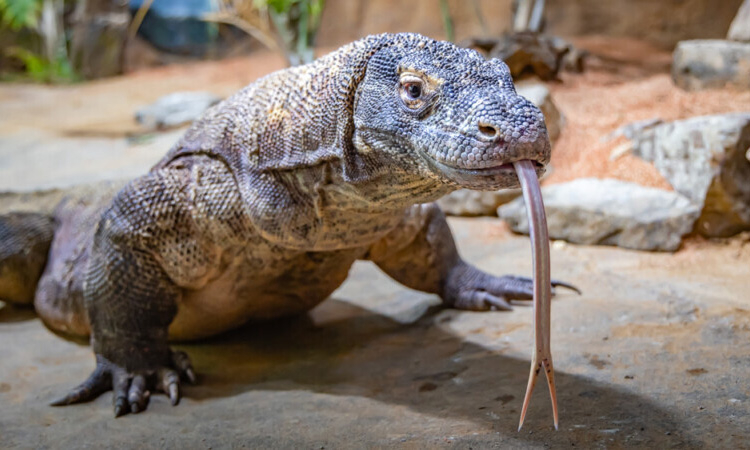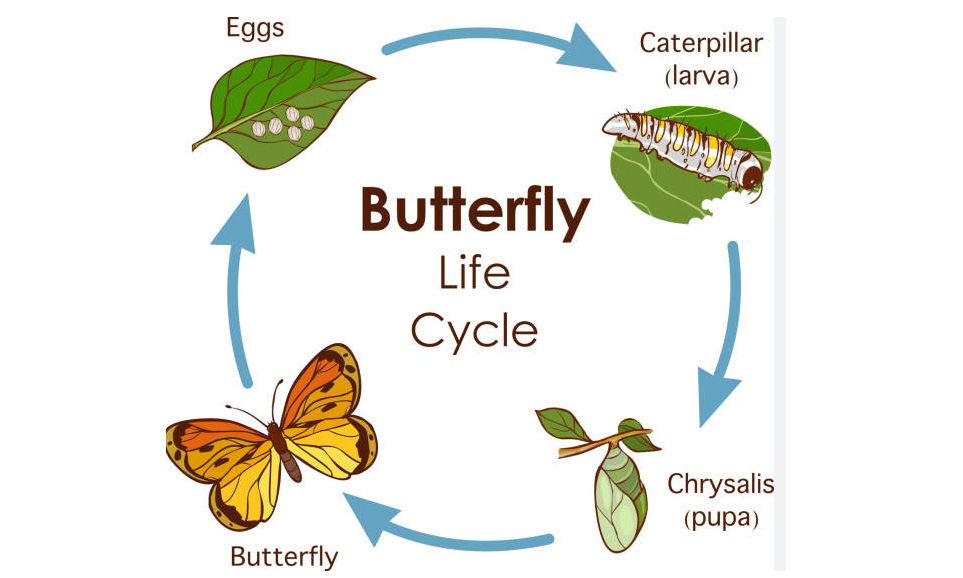Female cotton-top tamarins, small primates native to South America, exhibit fascinating social behaviors within their family groups. One such behavior is the female cotton top tamarin refuse other female outsider to join family. This exclusionary behavior sheds light on the complexities of social dynamics within primate societies.
Family Cohesion and Social Structure:
Cotton-top tamarins live in tight-knit family groups consisting of a dominant breeding pair and their offspring. These family units maintain strong bonds through grooming, cooperative care of young, and vocal communication. The stability of these family structures is crucial for the survival and well-being of the group.
Exclusionary Behavior Towards Outsiders:
When a female cotton-top tamarin from outside the family attempts to join an established group, she is often met with resistance from the resident females. Observations have shown that resident females actively prevent outsider females from integrating into the group, exhibiting aggressive behaviors such as chasing, biting, and vocalizing to assert their dominance and protect their territory.

Intraspecific Competition and Resource Defense:
The exclusionary behavior displayed by female cotton-top tamarins towards outsiders can be attributed to intraspecific competition and resource defense. By limiting the number of females within the group, resident females reduce competition for food, nesting sites, and mating opportunities. This behavior ensures the continued access to vital resources for themselves and their offspring.
Maintaining Social Stability:
Exclusionary behavior towards outsider females also serves to maintain social stability within the family group. The presence of unfamiliar individuals can disrupt established hierarchies and breeding dynamics, leading to increased stress and conflict within the group. By rejecting outsider females, resident females uphold the cohesion and harmony of their family unit.
Implications for Conservation:
Understanding the social behaviors of cotton-top tamarins, including their exclusionary tendencies towards outsider females, is essential for conservation efforts aimed at protecting this endangered species. Conservation strategies must take into account the intricate social dynamics of cotton-top tamarin groups to ensure the preservation of viable populations in their natural habitat.
The exclusionary behavior (female cotton top tamarin refuse other female outsider to join family) exhibited by female cotton-top tamarins towards outsider females offers valuable insights into the social complexity of primate societies. Through the active defense of their family units, resident females ensure the stability and survival of their offspring while maintaining access to essential resources. Further research into these social behaviors can deepen our understanding of primate ecology and inform conservation initiatives aimed at safeguarding endangered species like the cotton-top tamarin.




